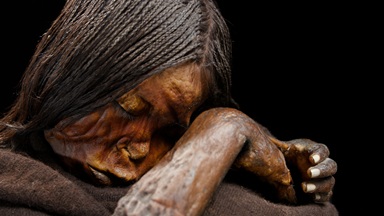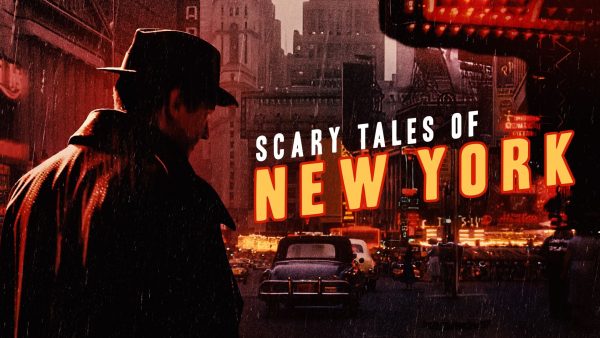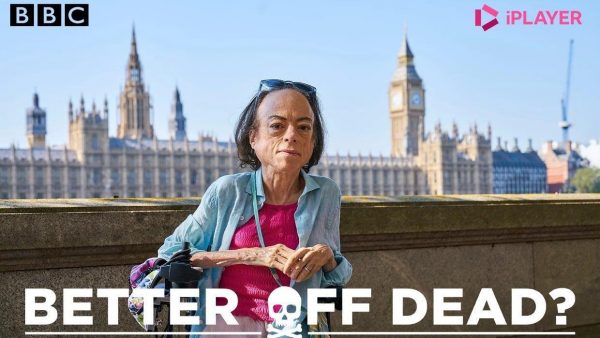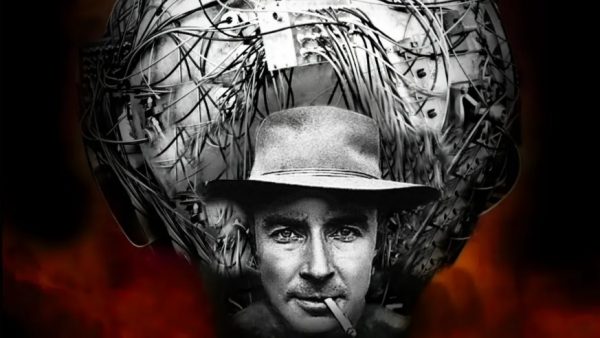Synopsis
Secret Wars Uncovered exposes the covert operations behind some of the deadliest wars the world has ever seen. We reveal the CIA operations behind coups, the friction between neighbouring nations, how using the guise of defending democracy allows nations to assert their power over others, and the sinister behind-the-scenes of wars the TV cameras didn’t reach. Secret Wars Uncovered Series exposes the truth behind proxy wars, military coups, and reveals just how close we’ve come to all-out nuclear war.
Episodic Synopses
Episode 1 – Foreign Intervention in The Greek Civil War
On December 3rd, 1944, 28 Greek socialists and communists were shot dead in Syntagma Square. A peaceful demonstration had turned into a bloodbath and, although this was Europe in 1944, the Nazis were not to blame. The British were. The Civil War lasted from 1946 to 1949, and when it ended, 100,000 people had died in the fighting, 40,000 were held in concentration camps, 5,000 had been executed and another 100,000 had fled the country. Was this the old order Churchill had longed for?
Episode 2 – Syria: The history of the conflict
Since the Syrian civil war broke out in 2011, 400,000 people have been killed by fighting and bombing. What began as peaceful protests harshly repressed by Syrian President Bashar al-Assad has turned into a long and deadly proxy war involving some of the world’s most powerful countries. Since then, the Syrian people have suffered at the hands of Assad and foreign governments intervening in the conflict. what would have been the outcome of the civil war? Who is to blame for the 400,000 dead in Syria and the terrible conditions in which its people live? How will this conflict end?
Episode 3 – Russian intervention in Georgia
In August 2008, a bloody five-day battle breaks out between Russia and Georgia over the province of South Ossetia. Nearly 850 people are killed during the five-day conflict, while some 35,000 Georgians are left homeless. Georgia launches an air strike on South Ossetia’s main city of Tskhinvali, triggering an all-out war, and Russia comes to South Ossetia’s aid. How did this conflict erupt so quickly and what is the current relationship between these two nations? If NATO and the West had responded differently to these events instead of just calling for a ceasefire, could Russia’s annexation of Crimea 6 years later have been avoided?
Episode 4 – Afghanistan 30 Years of War
After 10 years of fighting, on February 15th, 1989, Soviet troops finally withdrew from Afghanistan, but not before more than 14,000 people were killed and more than 50,000 wounded. They had been fighting a jihadist rebel force, funded by the United States and Britain. Beginning in 1980, the United States had sent between $20 million and $30 million a year to the mujahideen jihadists, a figure that would rise to $630 million by 1987. The United States had funded the group that would become the greatest threat to its nation just 14 years later. Is the United States to blame for the rise of Islamic terrorism?
Episode 5 – Nuclear Stand-Off
10th July 1985, New Zealand. A Greenpeace ship, the “Rainbow Warrior”, is in Auckland harbour, planning to lead a flotilla of yachts to protest against French nuclear tests on Mururoa Atoll. Close to midnight, a bomb explodes and blows a hole in the side of the ship; a few minutes later, another explosion scatters the crew in the water, sinking the ship and killing the Portuguese-Dutch photographer Fernando Pereira. The French authorities deny any responsibility. Since the use of nuclear weapons at Hiroshima and Nagaski in 1945, a strong anti-nuclear movement has emerged. It was clear then that technology was advancing rapidly and that the use of nuclear force had to be carefully monitored with restrictions.
Episode 6 – Invasion of Grenada
March 13th, 1979, Maurice Bishop stages a bloodless coup d’état on the Caribbean island of Grenada as head of the New Jewel Movement. Beloved by the Grenadian people, his popularity among the masses is compared to that of Fidel Castro or Hugo Chávez. His government built schools, led a massive literacy campaign, developed the countryside and reduced the unemployment rate from 49% to 14%. But, just four years later, he is assassinated and 7,600 U.S. troops flood the tiny island. Is this another example of the U.S. using its military might to stop its biggest threat: Communism?
Episode 7 – Cambodian Civil War
From 1969 to 1973, US forces indiscriminately bomb Cambodia. The Vietnam War has crossed the border and 50,000 people have died. Just two years later, Cambodia falls into the most brutal form of communism the world has ever seen, as the Khmer Rouge and Pol Pot take control of the country. What had the ruthless U.S. bombing campaign accomplished? Had America’s involvement provided the Cambodian dictator with the perfect environment to take over the country and inflict his horrific rule over its people?
Episode 8 – Exporting the revolution
On October 6th, 1967, Che Guevara is executed by Bolivian military forces. But what was this great figure of the Cuban revolution doing in Bolivia and how did he meet his untimely end? The United States is now well known for its covert operations carried out to overthrow governments and implant regimes sympathetic to the United States. But they are not the only country that interferes in the government and politics of other nations; in the wake of the revolution in Cuba, Castro is attempting to impose his influence around the world, setting his sights on Venezuela. In 2018 Reuters revealed that Venezuela had bought $440 million worth of foreign oil and shipped it to Cuba to fulfill its commitments to Havana. Is Cuba still in charge of Venezuela’s future?
Episode 9 – U.S. Invasion of Panama
On December 20th, 1989, more than 20,000 U.S. troops entered Panama by land, sea and air in what was called “Operation Just Cause. They were there to overthrow military dictator Manuel Noriega and his Panama Defense Forces (PDF). They killed about 150 PDF soldiers and about 500 Panamanian civilians. However, only 6 years earlier Noriega was on the CIA payroll. What prompted the U.S. to invade Panama? Why had they overlooked Noriega’s corruption until 1989? What are the long-term effects of the invasion on Panama?
Episode 10 – A new cold war
The Cold War is said to have ended with the collapse of the Soviet Union in 1991, all tied up with the end of a folding ideological system, and the return of world order. But today, a new rivalry full of covert operations has flared up once again. The usual players are present, the United States, Russia and the United Kingdom, but this time they are also joined by China. As bloody border clashes break out between China and India, the US is quick to side with India and the UK’s banning of Huawei on its 5G network makes it clear which side the UK is on. How will this new Cold War play out, will trade and cyber warfare be the worst of it or will a military war be inevitable?






